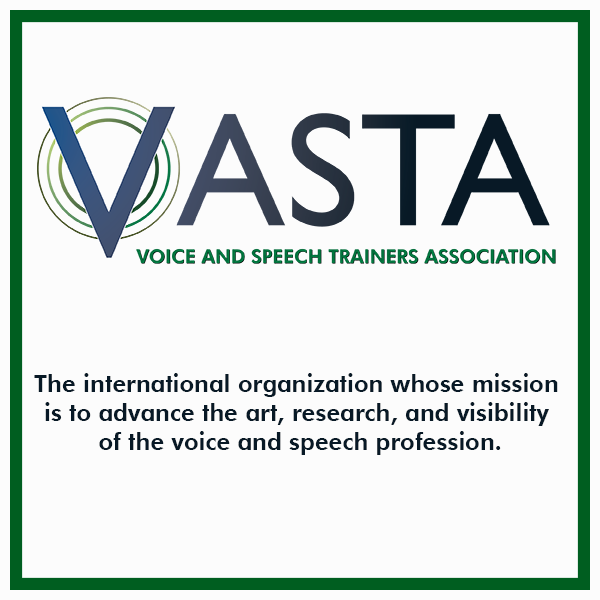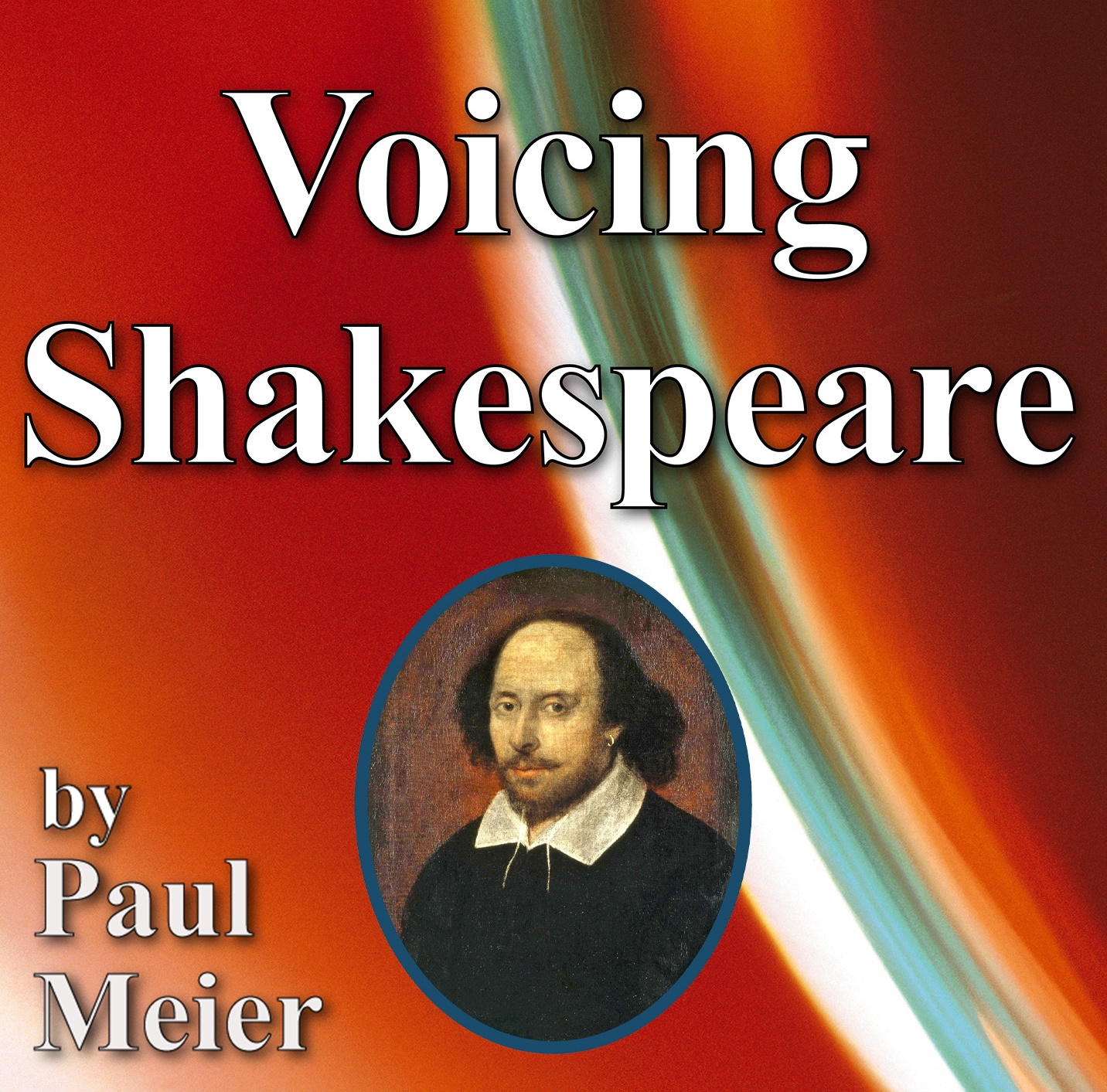South Africa 14
Listen to South Africa 14, a 37-year-old man from Pretoria, South Africa. Click or tap the triangle-shaped play button to hear the subject.
Both as a courtesy and to comply with copyright law, please remember to credit IDEA for direct or indirect use of samples. IDEA is a free resource; please consider supporting us.
BIOGRAPHICAL INFORMATION
AGE: 37
DATE OF BIRTH (DD/MM/YYYY): 1968
PLACE OF BIRTH: Pretoria
GENDER: male
ETHNICITY: Caucasian South African
OCCUPATION: student (no other profession given)
EDUCATION: law degree and drama studies
AREA(S) OF RESIDENCE OUTSIDE REPRESENTATIVE REGION FOR LONGER THAN SIX MONTHS: N/A
OTHER INFLUENCES ON SPEECH:
Subject refers to his schooling, his family and his decision to study acting after completing a law degree. Despite a brief stay in the Northern Cape, he was born and raised in Pretoria, where he would have gained significant exposure to spoken English. During his acting course, he also participated in pronunciation training, aimed at producing more neutral South African English for performance purposes. This possibly influenced his spoken English.
The text used in our recordings of scripted speech can be found by clicking here.
RECORDED BY: Marth Munro and Karina Lemmer
DATE OF RECORDING (DD/MM/YYYY): 10/2005
PHONETIC TRANSCRIPTION OF SCRIPTED SPEECH: N/A
TRANSCRIBED BY: N/A
DATE OF TRANSCRIPTION (DD/MM/YYYY): N/A
ORTHOGRAPHIC TRANSCRIPTION OF UNSCRIPTED SPEECH:
I was born in Pretoria, the capital of the Republic of South Africa *a few years ago. Well my ancestors came from Netherlands um in th.. um the middle of the s… *um seventeenth century um and they were living in the north of Netherlands, alongside the Merwederivier. Um from them my surname v… *van der Merwe, that is a um, that means in English “from the Merwiere”, so um so they came in *that century and um well my my um that was great-great-*grandfather, great-great-great-great grandfather. And he married a a French girl um which surname was Perrault. So um actually we are living in South Africa. It’s part of Africa, quite different than Europe. Um but after a few centuries, well, one gets used to Africa and um actually really sentimental and um you grow a a very deep-rooted feeling about Africa. Um but still one is, um one, one do come from Europe so, um, strange combination, I think it are going to take a few centuries to adapt a hundred percent in Africa. But um at this stage, well, I um went to Pretoria in high school and and I started university, *also in Pretoria, and now I’m studying in drama, and, yes, I’m nearly finished and hopefully I will get work in my drama course.
[* = vocalic pause]TRANSCRIBED BY: Kevin Flynn
DATE OF TRANSCRIPTION (DD/MM/YYYY): N/A
PHONETIC TRANSCRIPTION OF UNSCRIPTED SPEECH: N/A
TRANSCRIBED BY: N/A
DATE OF TRANSCRIPTION (DD/MM/YYYY): N/A
SCHOLARLY COMMENTARY:
Despite a brief stay in the Northern Cape, he was born and raised in Pretoria, Gauteng, where he would have gained significant exposure the spoken English. During his acting course, he also participated in pronunciation training, aimed at producing more neutral South African English for performance purposes. This possibly influenced his spoken English. Despite such training, his speech displays certain phonetic features common to the Afrikaans accent. The /R/ is trilled in pre-vocalic positions in words such as “Africa,” and the /g/ is omitted from the word “English,” resulting in /ɪŋliʃ/. Also note the insertion of a syllable in “century,” which makes it /setʃɪˈari/. Syntactically he sometimes favors the continuous form of the verb over the simple form. Example: “We were living in the North…” This too is often noted in the English of Afrikaans speakers.
COMMENTARY BY: Karina Lemmer
DATE OF COMMENTARY (DD/MM/YYYY): 10/2005
The archive provides:
- Recordings of accent/dialect speakers from the region you select.
- Text of the speakers’ biographical details.
- Scholarly commentary and analysis in some cases.
- In most cases, an orthographic transcription of the speakers’ unscripted speech. In a small number of cases, you will also find a narrow phonetic transcription of the sample (see Phonetic Transcriptions for a complete list). The recordings average four minutes in length and feature both the reading of one of two standard passages, and some unscripted speech. The two passages are Comma Gets a Cure (currently our standard passage) and The Rainbow Passage (used in our earliest recordings).
For instructional materials or coaching in the accents and dialects represented here, please go to Other Dialect Services.
 IDEA: International Dialects of English Archive
IDEA: International Dialects of English Archive




